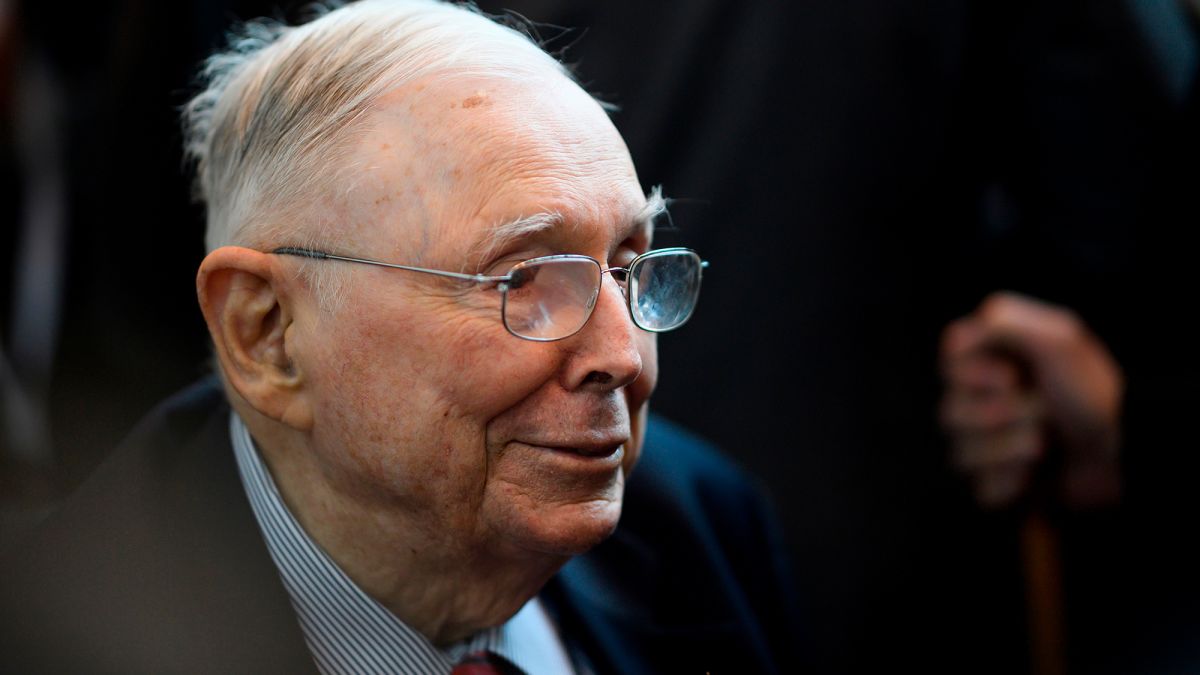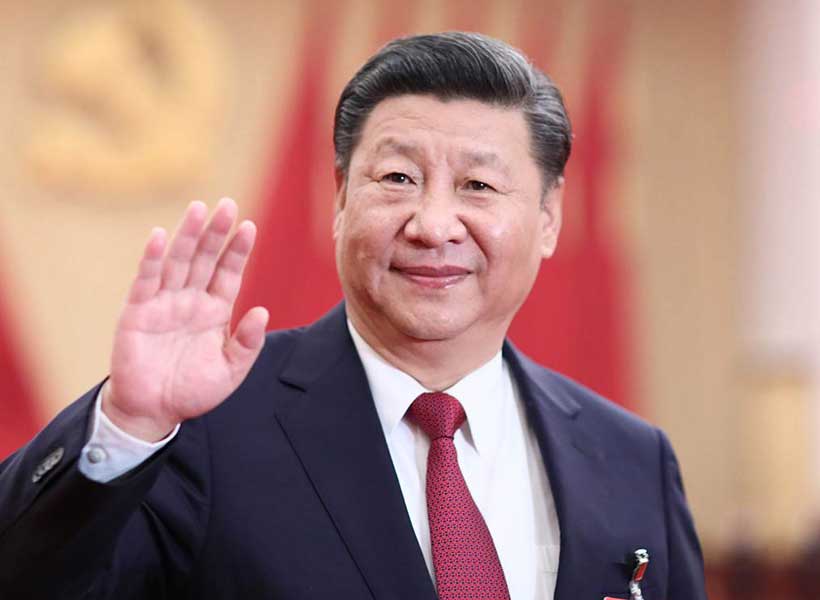Yes, Charlie Munger, the 98-year old vice president of Berkshire Hathaway (NYSE: BRK.A, BRK.B) is still bullish on Alibaba (NYSE: BABA). In fact, he’s so bullish, he bought another 300k shares on top of his already owned 300k shares.
To prove how bullish he is, he even purchased the ADRs listed on the New York Stock Exchange, as opposed to the Hong Kong shares. That’s über bullish.

Alibaba’s stock has been a roller coaster over the last year. The company was approaching a trillion dollar valuation, prior to the Chinese government stepping in. Now the company is trading at roughly a $500 billion discount, with value investors salivating at the prospect of the stock rebounding from its lows.
One of these value investors is Charlie Munger, who isn’t a stranger to seeing an investment fall 50% upon purchase. He is wise, and most importantly, patient. While some of his peers, such as Monish Pabrai, have ultimately sold the battered stock and moved on to other opportunities, Munger has doubled down on his bet.
Even more astounding, with investors jumping on the opportunity to convert their ADR shares to the Hong Kong equivalent, Munger remains fully invested in the ADRs. Almost as if he playing the ultimate contrarian and laughing upon the fearful Wall Street.
Charlie Munger is undoubtably, one of the finest investors of our lifetime. So, should we follow him into the dark? Or should we take a better look at the 98-year-old cooky man? Let’s dive deeper into Alibaba.
Alibaba and the Forty Thieves
Founded by Jack Ma in 1999, Alibaba is the second largest Chinese company in the world, behind Tencent (OTC: TCEHY), currently valued at roughly $315 billion. In 2014, they arrived on the New York Stock Exchange with a whooping valuation of $230 billion, the largest in IPO history.
What makes this company so valuable?
At its core, the “Chinese Amazon” is a E-commerce platform that provides payment processing, cloud computing, digital media and other innovative mediums.
Think of it this way, Alibaba is like a collaboration between Amazon, Google, Facebook, and PayPal. It does almost everything you would expect a modern company to do… except it does it all in China.

For along time, China’s economic growth attracted capital, from all over the world, to their marketplace. Their position on a “modified” version of capitalism, gave room for companies like Tencent, Alibaba and Baidu (NASDAQ: BIDU) to grow into behemoths, even beating out large US companies such as Home Depot (NYSE: HD) and McDonalds (NYSE: MCD) in value.
Alibaba’s sales growth has surpassed even the largest companies in the US. For perspective, from 2016 to 2020, Alibaba has grown their sales from USD$15.7 billion to north of $109 billion. Thats nearly $94 billion in 5 years.
Compared to large-cap companies in the US, only Amazon (NASDAQ: AMZN) and Apple (NASDAQ: AAPL), have amounted more dollars in that time, but at a much lower growth rate. Alibaba’s 5-year sales growth is close to 600% while Amazon’s and Apple’s is 184% and 70%, respectively.
It is easy to see why, with such tailwinds behind them, Alibaba was approaching the trillion-dollar club. Unfortunately, the Chinese government stepped in.
Questions

Maybe, Alibaba founder Jack Ma, was becoming too much of a popular figure in China. He had a bad habit of speaking out against Chinese regulators, which ultimately resulted in his alleged disappearance. Maybe, it had to do with Alibaba, refusing to share consumer data with government officials. Either way, the house of cards fell.
Now, investors have the task of wondering whether, or not, the effort of picking up the pieces is worth the reward.
Like its American counter-part, Amazon, Baba’s E-commerce revenue has shown reduced growth rates from the peak of the pandemic. Their global presence, and growth, is sure to stay for years to come, regardless which way the health crisis pans out.
Their cloud-computing segment, the fastest growing part of the company to-date, according to analysts, is worth the trillion dollar valuation, alone.
Speaking of analysts, Baba’s revenue is predicted to be north of $1 trillion by 2023. That’s right… trillion. United States Dollars.
So, should you pull a “Munger” and plow some fat stacks into this cash-cow?
Answers
Short answer; Yes.
The risk/reward is outrageous. The fear in the markets is reflective of Chinese and US regulators demanding companies, such as DiDi, to delist from US Exchanges. Doing that, pulls significant liquidity from, not only retail investors, but primarily from institutions and hedge funds that pour billions into the stock.
Doing that to Alibaba, or Tencent, would reduce China’s stronghold over the capital needed to grow their country’s infrastructure. They are better off maintaining control over the large tech firms, while allowing them to receive capital from outside investors. That capital, will eventually, flow into the hands of Chinese officials.
The question becomes; do you support this? Are you ok with your money ultimately flowing into the hands of Chinese regulators and government officials?
If yes, you could buy Alibaba at one of the best discounts god has put on this earth.
Leave a comment